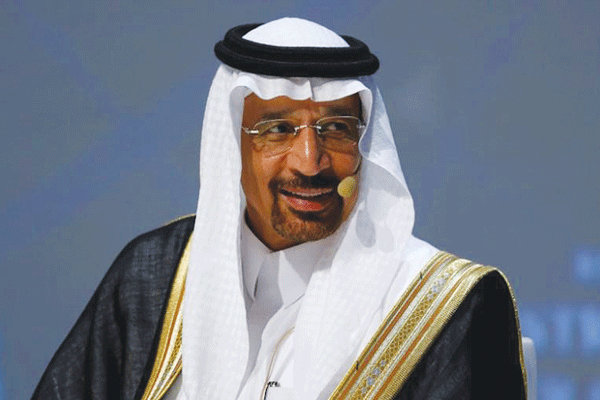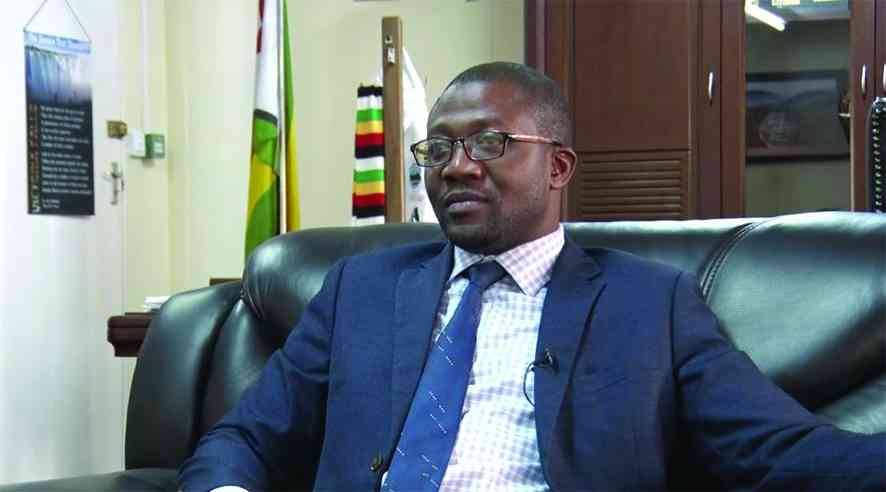
RIYADH — Saudi Arabia’s Energy minister Khalid al-Falih yesterday said he had invited his Russian counterpart, Alexander Novak to meet Gulf Arab Energy ministers in Riyadh, as part of efforts to co-operate with non-Opec members to stabilise the oil market.
Reuters

“Russia is one of the world’s biggest oil producers … and is one of the influential parties in the stability of the oil market,” Falih said at the opening session of the six-member Gulf Co-operation Council.
Falih said Novak had welcomed the invitation, “as a clear indication of sincere desire to continue co-operation and co-ordination with the oil-producing and exporting countries for more stability in the market”.
Novak had on Friday said he would take “some” proposals to the meeting in Riyadh.
Last month in Algiers, the Organisation of the Petroleum Exporting Countries agreed modest oil output cuts. The goal is to cut production to a range of 32,5 to 33 million barrels per day.
“The Algeria meeting last month was successful in pushing the path of co-operation between oil-producing and consuming countries and included important talks between experts from Opec countries and outside of Opec about oil markets,” Falih said, calling on his Gulf energy counterparts to work together as a bloc.
Falih also said that the low oil price environment had led to a decrease in investments which could lead to a shortage in supply in the future and have a negative effect on the global economy.











